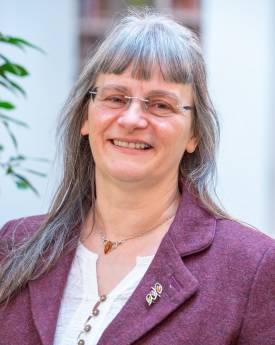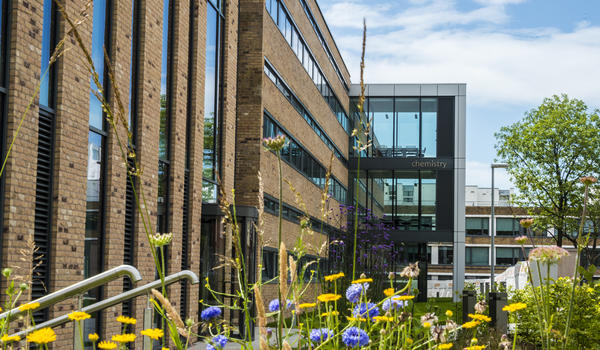Traditional route PhD - independent study
Join a department that specialises in doctoral study and work alongside experts in higher education, social justice, and technology enhanced learning.
Undertaking a PhD with us is an opportunity to gain deeper insight into specialist areas within education and educational research, while learning how to become a confident researcher and contribute to research and practice.
Although the journey may be challenging, you’ll have extensive support from your supervisors, peers and other staff. You can join in regular discussions to broaden your knowledge and skills base, and we’ll assist you to overcome any challenges that you may encounter.
Our PhD researchers look at a range of a very wide range of topics including higher education policy and students’ experiences, online and technology-mediated learning, and decolonising education. Others have explored themes such as women’s leadership, human rights education, digital skills development, and intersectional pedagogy.
Who is this programme for?
Completing your PhD offers an opportunity to contribute to the field. Our doctoral community in the department is international and collegial, consisting of researchers who are established in their careers as well as those who have more recently completed their undergraduate and postgraduate courses. This diversity is a plus because it provides opportunities to exchange experience and views with a diverse group of colleagues, and to learn from and support each other.
Many of our graduates stay in academia. However, the understanding of education that you develop through your PhD may open up opportunities within educational management and administration or with organisations that address social justice or other educational issues. For example, some graduates work for charities such as the Sutton Trust which addresses educational disadvantage.
Whatever you decide to do, you’ll see the world from a new perspective and develop a network of professional connections.
What makes this course different?
We run regular research seminars, reading groups and postgraduate group meetings to help you feel part of our community. Although you’ll be studying independently, you won’t be on your own. Many colleagues will have expertise to share, and you’ll be part of exciting conversations about work in your area.
You’ll also have the opportunity to benefit from our relationships with scholars in other universities in the UK and overseas, as well as local schools and colleges.
As a PhD researcher, you’ll be welcomed into this community of highly regarded scholars. We’ll connect you to academics and other postgraduate researchers within our three departmental research hubs: the Centre for Higher Education Research and Evaluation, the Centre for Social Justice and Wellbeing in Education and the Centre for Technology Enhanced Learning.
You’ll also benefit from our membership to the ESRC North West Doctoral Training Partnership which provides access to funding and additional training opportunities. These – in addition to the highly competitive ESRC scholarship – can supplement the already extensive Research Training Programme available through the Faculty of Arts and Social Sciences. These cover a range of practical, theoretical, methodological, and career, courses. We hold our own bespoke sessions within the department too.





















